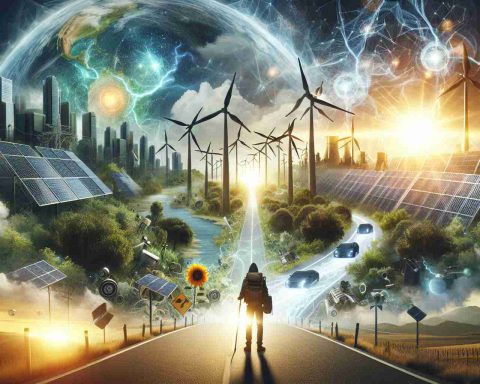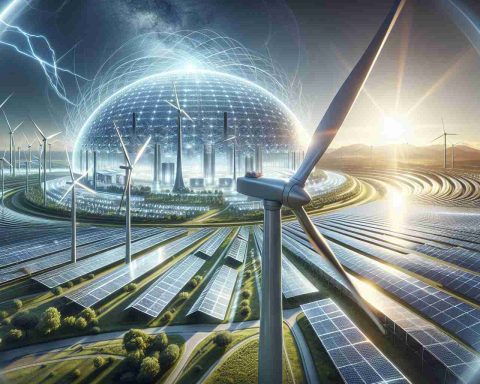Energy Transitions
Energy transitions refer to the process of shifting from one energy system to another, typically involving a change in the primary energy sources and technologies used for power generation. This transition often includes moving away from fossil fuels (such as coal, oil, and natural gas) toward more sustainable and renewable energy sources, such as solar, wind, hydro, and geothermal energy.Energy transitions are driven by various factors, including the need to reduce greenhouse gas emissions, enhance energy security, and decrease dependence on non-renewable resources. These transitions can also involve changes in energy consumption patterns, efficiency improvements, and the adoption of innovative technologies that promote cleaner and more sustainable energy use.The concept encompasses both the technical and economic aspects of transitioning to new energy systems, as well as the social and policy changes necessary to facilitate this shift. Energy transitions can occur on various scales, including local, national, and global levels, and often involve complex interactions among multiple stakeholders, including governments, businesses, and communities. Ultimately, energy transitions aim to create a more sustainable, resilient, and low-carbon energy future.





















